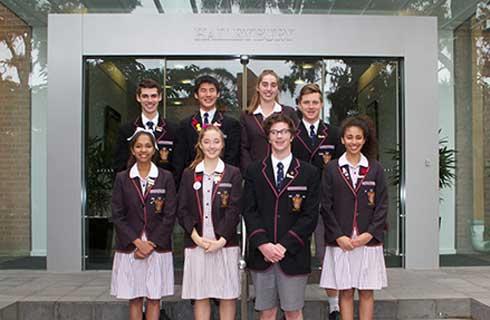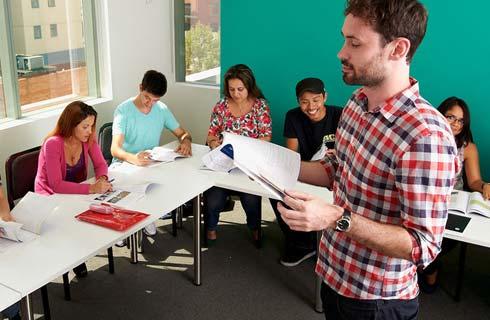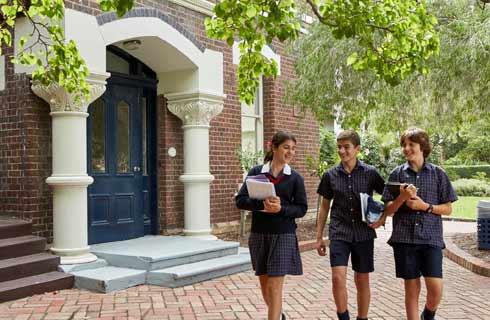国际学生入学条件
All international students will need to meet the minimum English Language Requirements, University General Entry Requirements and any course specific requirements such as pre-requisite subjects, if applicable.
展开
IDP—雅思考试联合主办方

雅思考试总分
- 雅思总分:
- 托福网考总分:
- 托福笔试总分:
- 其他语言考试:
CRICOS代码: 102979C
申请截止日期: 请与IDP联系 以获取详细信息。
课程简介
Double degrees allow you to deepen your knowledge and expertise within two separate study areas. This means you can choose from our range of exciting, diverse courses and embark on a journey as unique as you are. The Bachelor of Arts is the ultimate, flexible university degree. With over twenty named majors, you can select subjects to build your knowledge, and electives to enhance your skills. Our students are curious about the big questions of life, embrace the joy of open enquiry, and are on a life-long quest for knowledge and inspiration. At the University of Tasmania, you will be part of an academic community that cares deeply about the topics that we teach and study. To study law is to understand the importance of social justice and using the law to improve the health of our society and our planet. It is about developing high-level skills in legal techniques and a sensitivity to the way that those skills can be used to advance a range of interests. By learning to understand law as both a local and transnational affair, the commonalities amongst law and legal systems, as well as how context can shape laws and legal culture, you open doors to diverse careers in the practice of law in Australia and globally.Engagement with music, visual arts, dance and other creative art forms can change people’s lives, bringing joy, restoring self-confidence and improving mental and physical wellbeing. In this major, you can learn about global developments in this emerging interdisciplinary field and develop an understanding of how and why the arts can help to relieve suffering, improve wellbeing, and foster resilience. You will have opportunities to explore your own artistic creativity and challenge yourself to apply your knowledge and skills through finding arts-based solutions to the health and wellbeing challenges of the 21st century. In your first year you will learn the fundamentals of how interactions with different forms of the creative arts are processed by the brain, evaluate innovative arts-based programs that have been developed to improve function and wellbeing and reflect on your own experience of the creative process. In the second year you will continue to explore your creativity and learn visual and digital skills for arts-based interventions along with a range of strategies to promote emotional wellbeing. During your third year you will develop further contextual knowledge and skills for working with diverse groups of people of all ages and deepen your understanding of how engagement with the arts affects the brain and body. You will also research specific applications of the arts to improve the health and wellbeing of individuals and communities, while developing your own proposal for trialling a concept and designing an arts project for a specific group or need.
展开







 预科
预科 奖学金
奖学金 实习机会
实习机会 在校学习
在校学习 跨境学习
跨境学习 校园授课-线上开始
校园授课-线上开始 在线/远程学习
在线/远程学习


 伊迪斯科文大学
伊迪斯科文大学
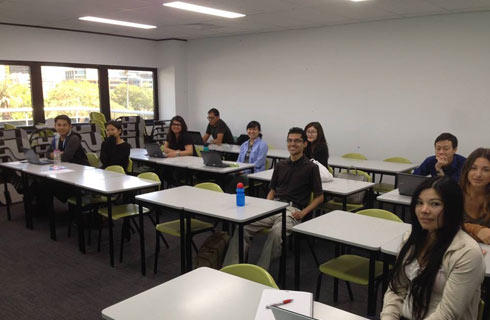
 澳大利亚凯斯林大学
澳大利亚凯斯林大学
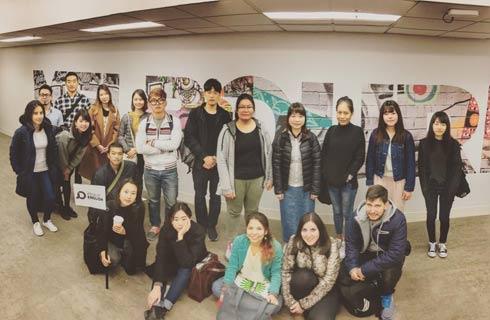
 澳大利亚凯斯林大学
澳大利亚凯斯林大学

 西悉尼大学
西悉尼大学

 南十字星大学
南十字星大学
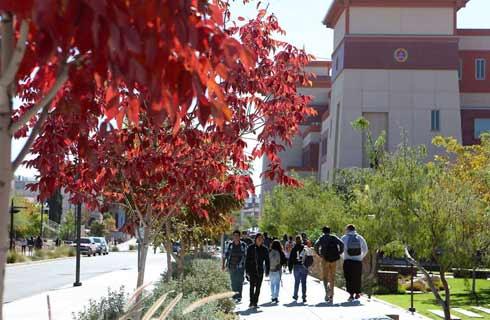
 墨尔本理工学院
墨尔本理工学院











